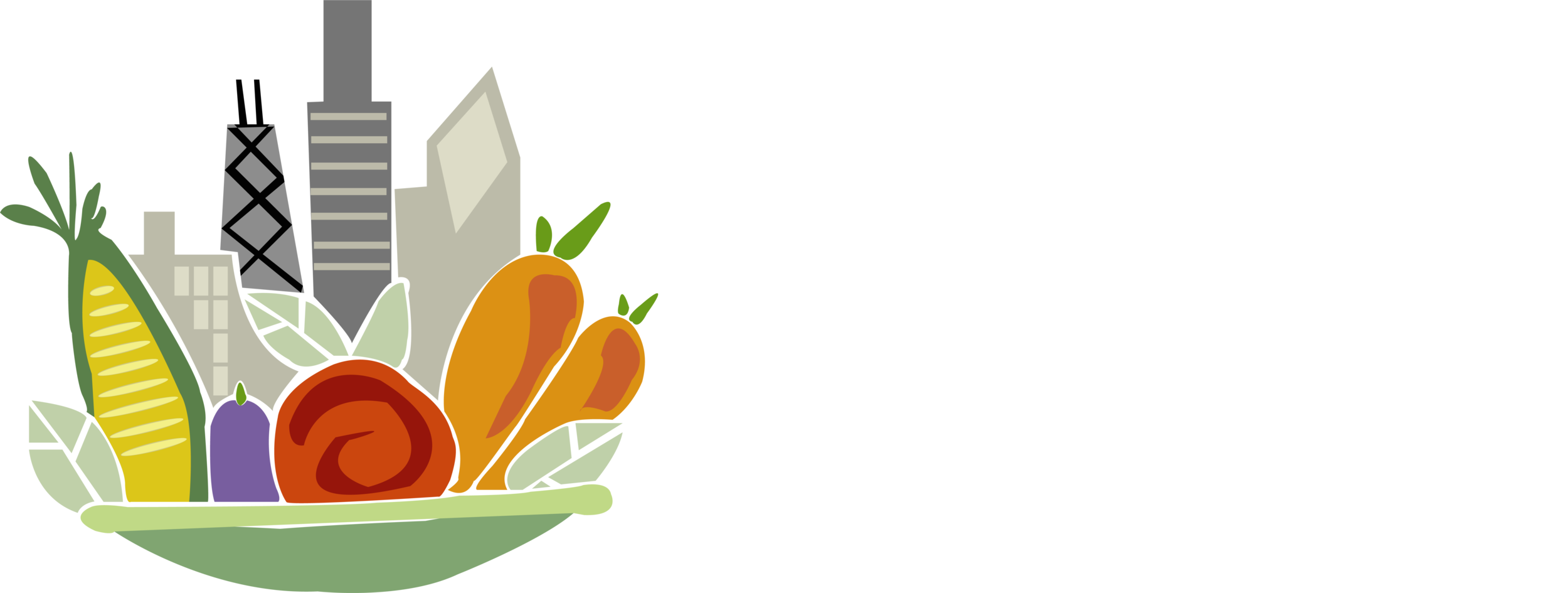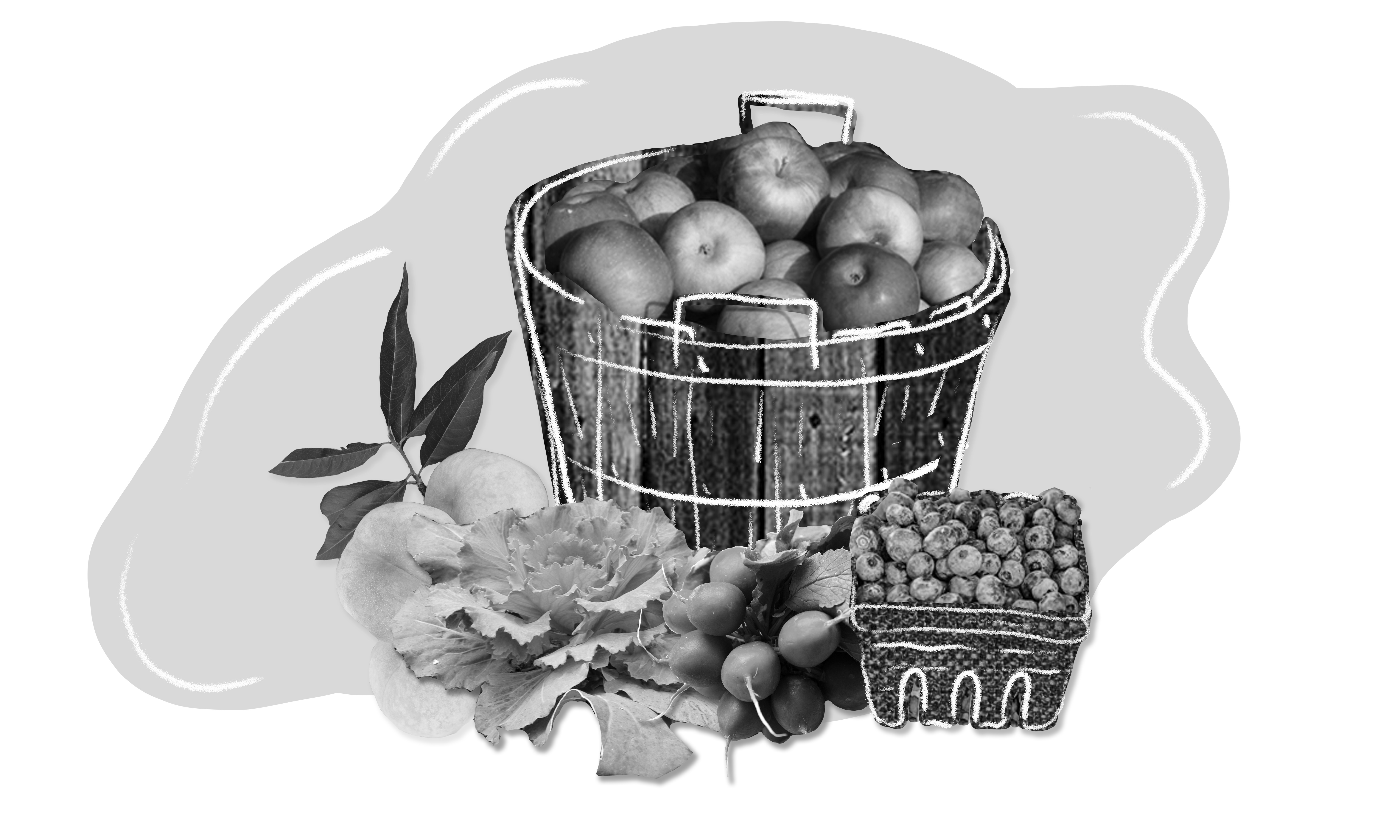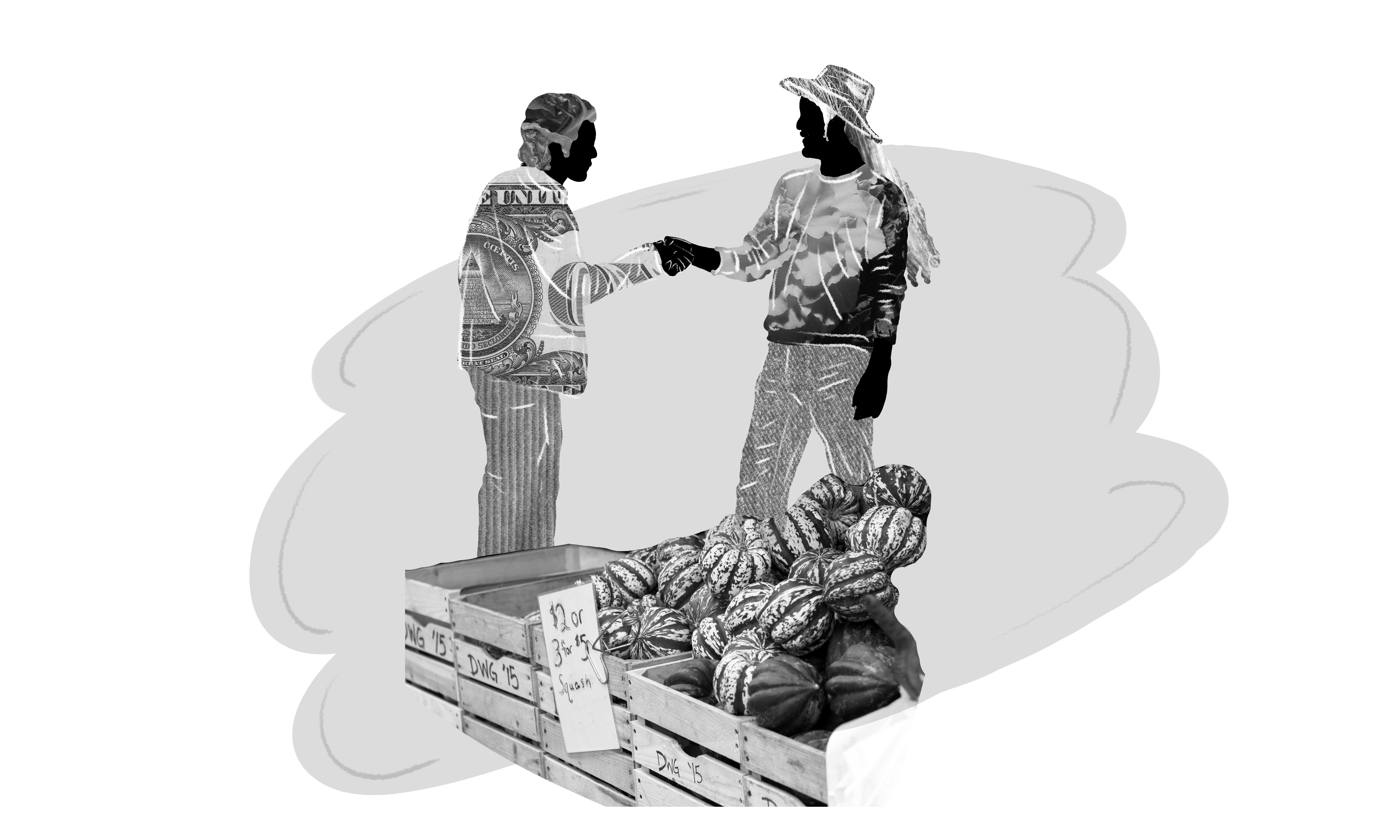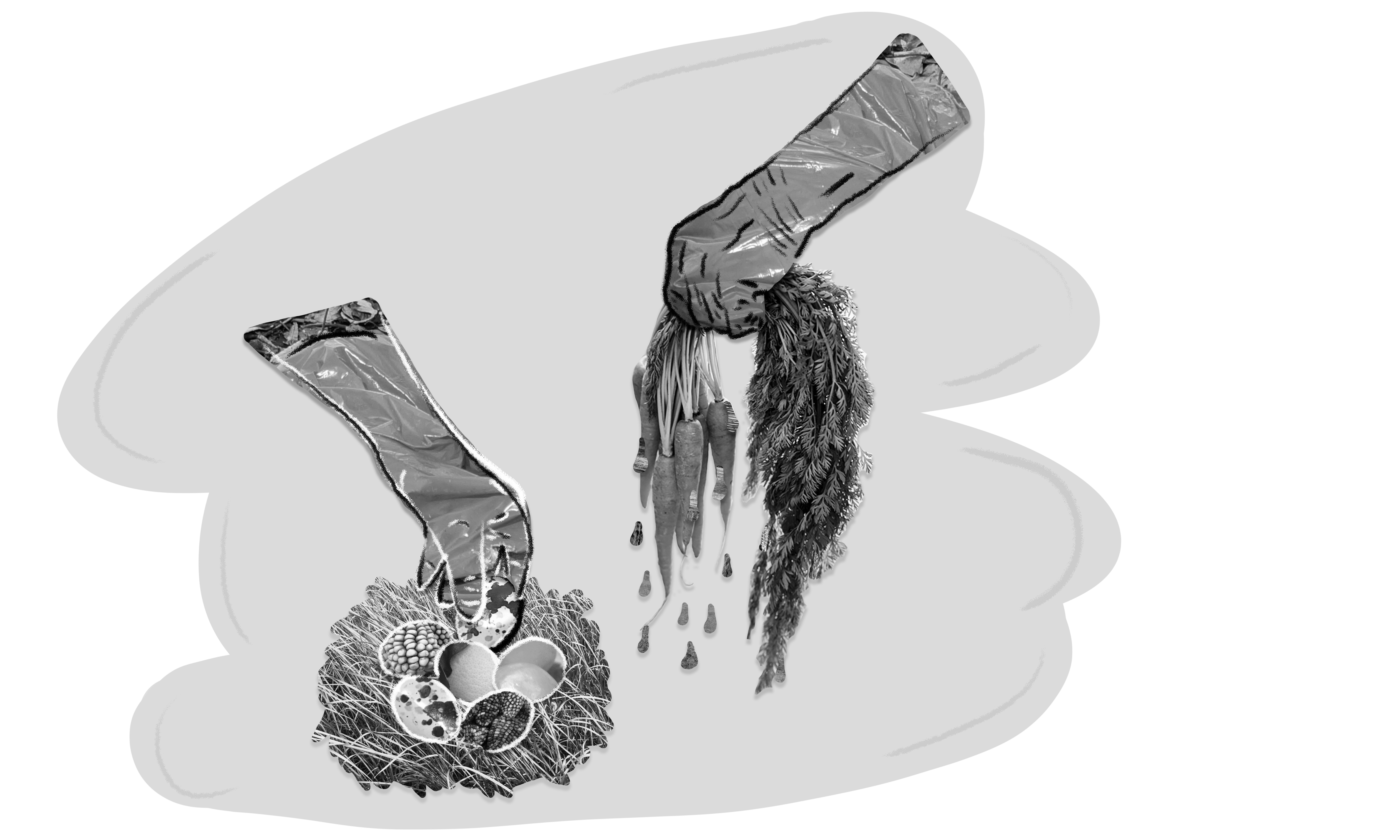For smaller farmers that have only sold through direct-to-consumer channels, selling wholesale can be a daunting new enterprise. There are few resources tailored to small farmers about becoming an approved vendor for a food distributor or participating in a public procurement bidding process. We hope that this GFPI Guide for Food Growers and Businesses is a starting point for food producers, but we know more hands-on support and guidance is absolutely necessary. GFPI implementers are also working with institutions to explore ways to make their procurement processes easier for smaller farmers and food businesses to participate in; the onus shouldn’t be on farmers to “scale up,” but also for institutional meal programs to “scale down,” to meet farmers where they’re at.
In December 2021, GFPI implementers will be hosting a pilot “Buyer/Supplier Networking Mixer” to help build relationships between farmers, distributors, food processors, and institutional buyers. CFPAC has engaged several local partners in planning these efforts, including Windy City Harvest, Urban Growers Collective, Advocates for Urban Agriculture, Illinois Stewardship Alliance, and U of IL Extension. Partners hope to continue building more opportunities like this as we head into 2022. CFPAC has also started to coordinate meetings with regional value chain coordinators across the Upper Midwest who see potential in leveraging Chicago and Cook County’s GFPP to support GFPP-aligned producers across the region. While these efforts are a start, there is still much more coordination, training, and support needed to ensure that the procurement process is transparent and easy to navigate for food growers and businesses of all sizes.
return to directory














